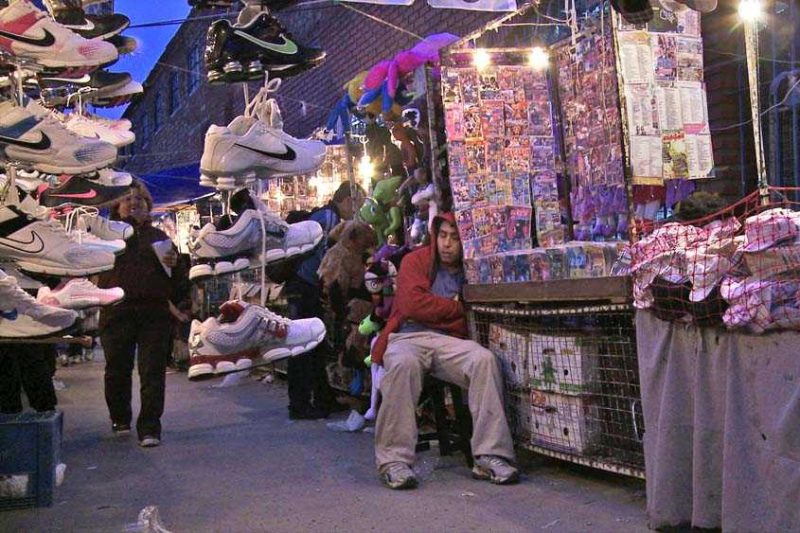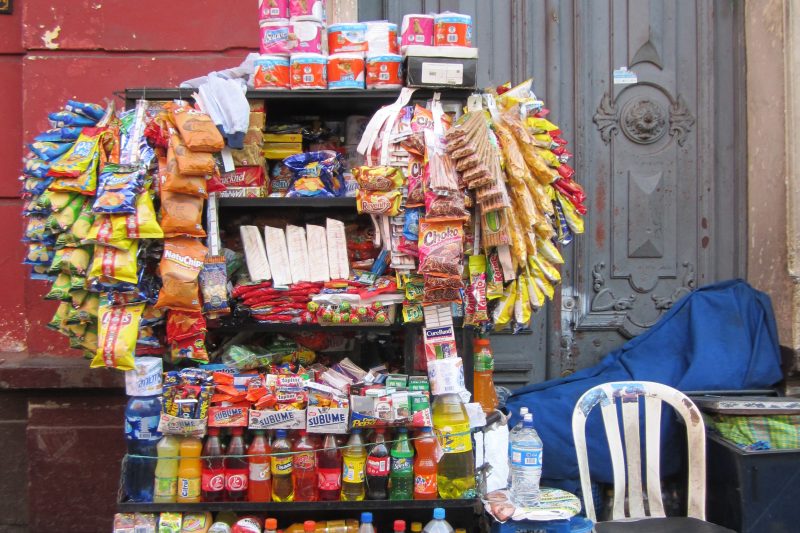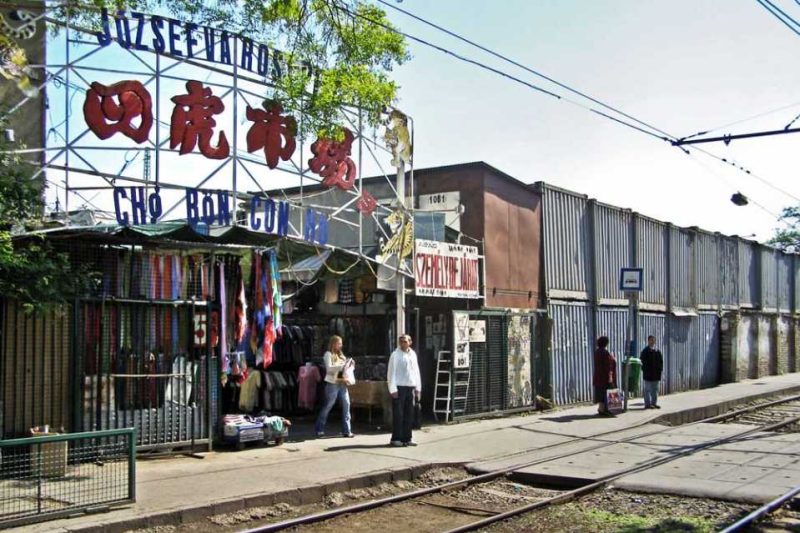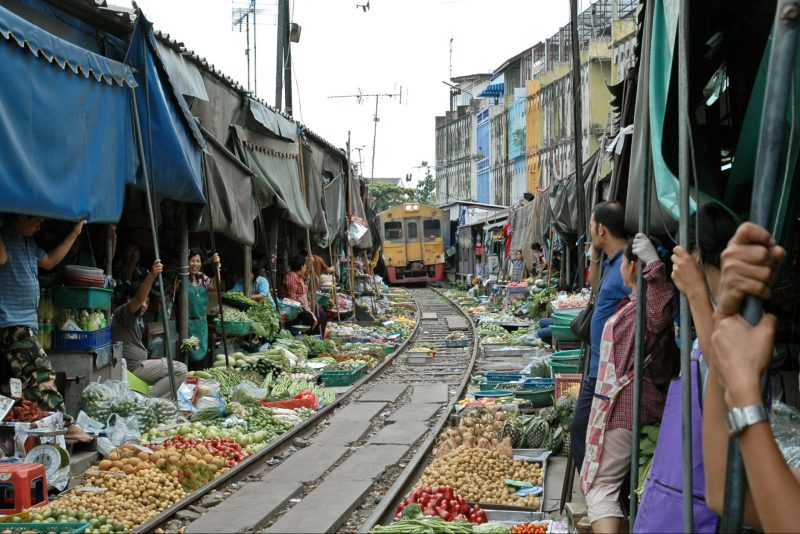- FWF
- 2010-2015
- Other Markets
Mobility: Urban Informalities
Urban informality is for the most part construed in terms of exclusion from the formal. By engaging directly with the visual culture of informal markets, OTHER MARKETS instead approaches the dynamics of these economies from the perspective of informality itself. It traces how these places act as performative frames for new modes of translocal sociality and mark a radical shift in urban organisation from geographically fixed territories to a networked ecology of filters and channels.
What role do informal markets play within this landscape of flexibilised and particularised borderlands? How do these sites intersect with the flows of ethnisised migrant labour? How do their graduated mobilities negotiate the conflicting spatial manifestations of elastic territorial control?
OTHER MARKETS addresses these questions through investigations into a range of informal markets forging cross-border economies as crucial corridors of migrant undertakings. Looking at the discourse politics surrounding these transnational mobilities (e.g. border reinforcement phrased as ‘humanitarian act’ or the fencing of informal settlements phrased as ‘security measure’), it traces the multi-level network of ‘operators’, ‘intermediaries’ and ‘marketeers’ who provide the spatial and political context of informalised urbanisation and link different levels of societal mobility: local migrant networks to global economic flows and the spatiality of national borders to the emergence of transnational citizenship.
TRANS-URBANISATION
By bringing the spatial practices and the cultural mechanisms that sustain informal markets centre stage, OTHER MARKETS refers to the current redefinition of the urban system not purely as an effect of accelerated globalisation but as a field of interactions between particular emergent assemblages:
● graduated MOBILITY and its intersection with urban informalities
● the effects of novel forms of LAND USE on the emergence of transient ecologies
● interrelations between politics of TRANSNATIONALITY and legal architectures of informal markets
CASE STUDIES




